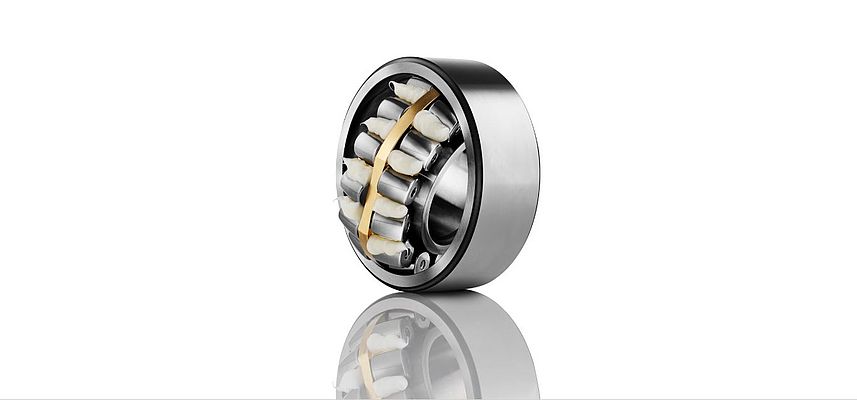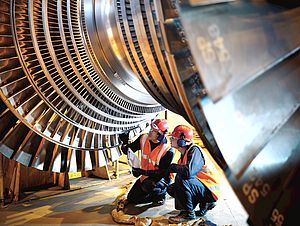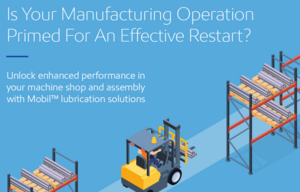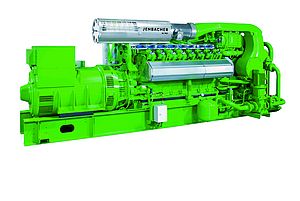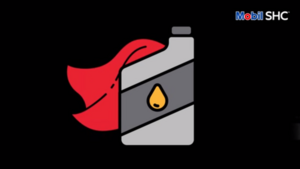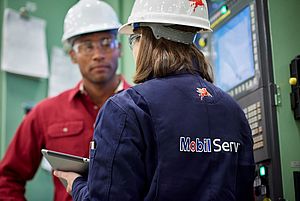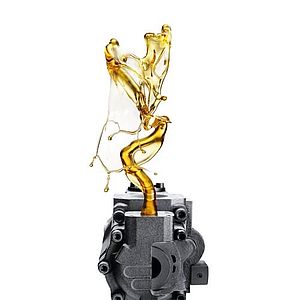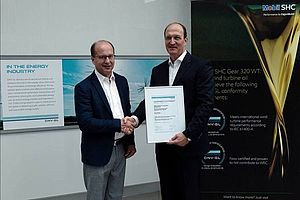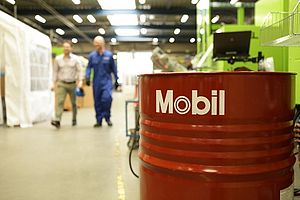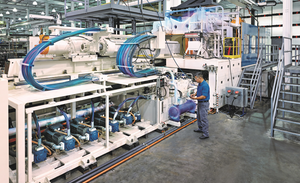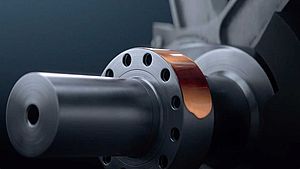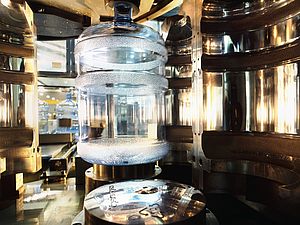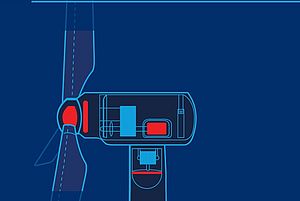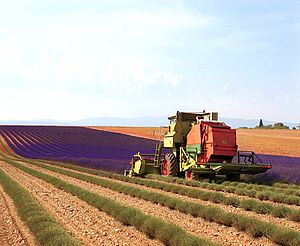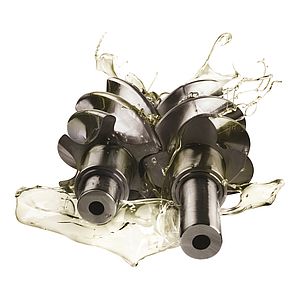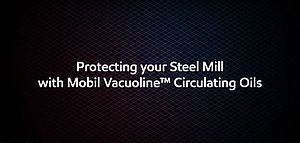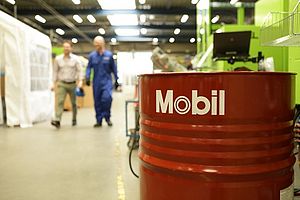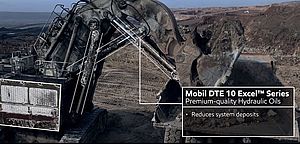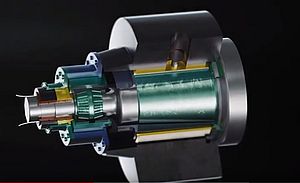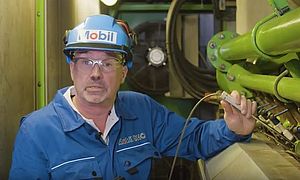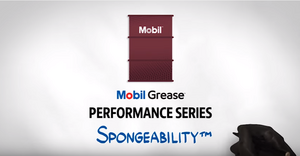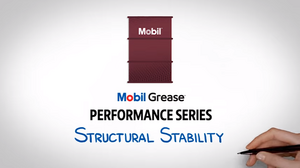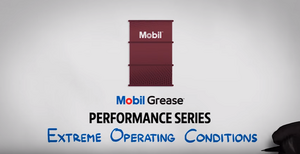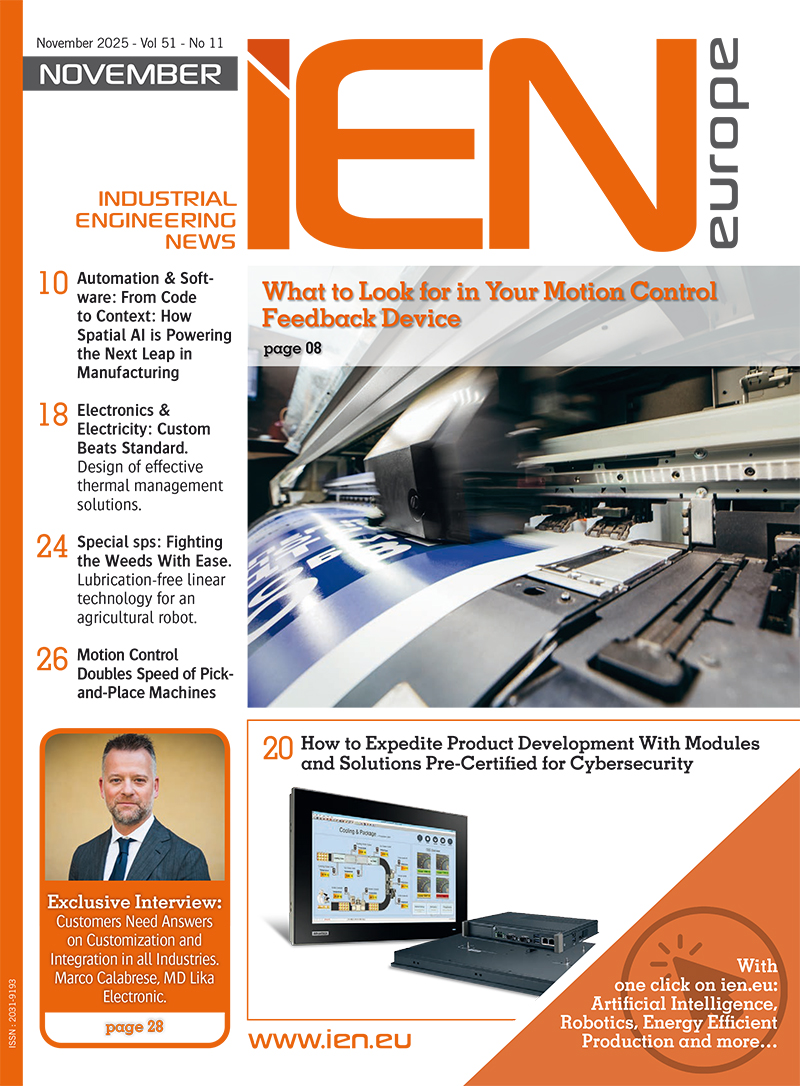Demand for corrugated packaging is due to increase by an average of more than 4% every year for the next five years. However, margins remain under pressure and as a result it is more important than ever for corrugators to optimise all aspects of their plant’s operation.
One element that plays a significant role in this process, but which is often overlooked, is lubricant selection. Choosing high performance oils and greases can provide important operational advantages, according to Inken Reuser, EAME Offer Advisor at ExxonMobil.
Do corrugators need to pay specific attention to their lubricant selections?
Absolutely. Applying the most suitable oils and greases can help to:
• Reduce a plant’s energy bills
• Extend oil drain intervals
• Protect equipment and extend life
• Minimise unexpected downtime and extend service periods
• Reduce potential oil leakage
• Provide problem-free operation in food and beverage processing plants
These improvements to equipment reliability can help to reduce maintenance-related costs and also increase plant safety by reducing human-machine interaction (HMI). To achieve these goals, it is important that corrugators use high performance lubricants, especially for bearings on heated rollers as the high temperatures can adversely affect the performance of oils and greases.
What factors affect a corrugator’s choice of lubricant?
A typical corrugating machine offers a number of lubricant challenges including high temperatures [up to 200°C] and contact with steam, which is used during the forming process. Persistent exposure to elevated temperatures can cause a lubricant to thermally degrade, exposing machinery to increased wear. It is therefore essential to ensure the selection of lubricants with appropriate levels of thermal stability in order to ensure effective protection.
There is also the possibility of glue spillage and fibre build-up along with the presence of metal particles if guide plates, slitter blades or rollers are not properly aligned. Choosing lubricants that continue to provide protection in the presence of contaminants is therefore essential to help maintain the peak performance of corrugating machines.
Are there any end-use factors that corrugators should consider when selecting their lubes?
A large percentage of corrugated card output is used as transit packaging for food. It is therefore essential that food-grade oils and greases are used that don’t compromise on overall performance.
That’s why ExxonMobil developed Mobil SHC™ 462 PF, an NSF H1 registered food grade synthetic grease suitable for use in corrugators. It offers excellent high temperature performance up to 240°C and good wear protection, making it suitable for use in heated rollers. Mobil SHC 462 PF is also certified for use with Kosher, Pave and Halal foods.
Is one lubricant suitable for all parts of a corrugator?
A typical corrugating machine will require a range of lubricants such as hydraulic oils and grease for roller bearings. Different parts of the machine pose different lubrication challenges. Corrugators should therefore discuss each specific application with their lubricants supplier or maintenance partner in order to ensure that all the parts of their production line are receiving the benefits available from appropriate high performance oils and greases.
Can lubricant selection help corrugators reduce their environmental impact?
Effectively lubricating a corrugating machine can help reduce its overall power consumption, which not only reduces energy bills, but also positively impacts on an operator’s carbon footprint. In addition, high performance oils can offer extended drain intervals, which cuts the impact of waste oil disposal, while also reducing disposal costs. Improving environmental impacts can also help corrugators save money – even more reason to select high performance lubricants.
Will a high performance lubricant help a corrugator improve operational efficiencies?
A properly lubricated corrugator can be more efficient than one using less effective oils or greases and this can be reflected in its energy usage. Through outstanding traction properties, Mobil SHC™ Cibus Series lubricants have demonstrated the potential to provide significant energy savings — 3.6% in gear applications* and 3.5% in hydraulic applications**
There are health and safety considerations, too. A well lubricated corrugating machine can be less prone to mechanical outages, which reduces the instances of unplanned maintenance and human-machine interactions. The fewer the interactions the less chance there is of an incident.
Visit www.mobil.com to find out more.
*Energy efficiency relates solely to the fluid performance when compared to conventional (mineral) reference oils of the same viscosity grade in circulating and gear applications. The technology used allows up to 3.6% efficiency compared to the reference when tested in a worm gearbox under controlled conditions. Efficiency improvements will vary based on operating conditions and applications.
**Energy efficiency relates solely to the fluid performance when compared to Mobil DTE™ 25. The technology used provides up to 3.5% efficiency compared to the reference when tested in an Eaton 25VMQ vane pump under controlled conditions. Efficiency improvements will vary based on operating conditions and applications.



